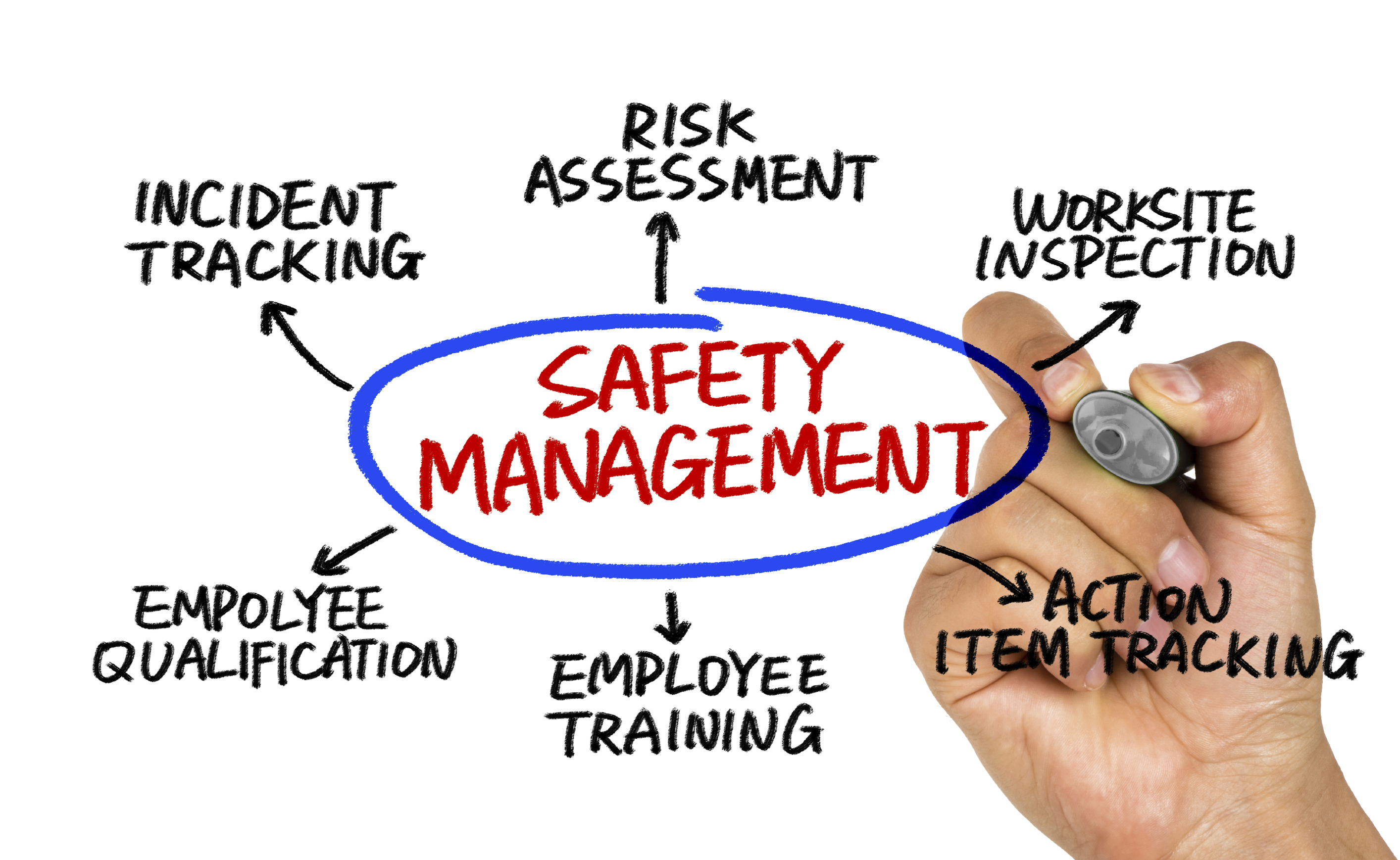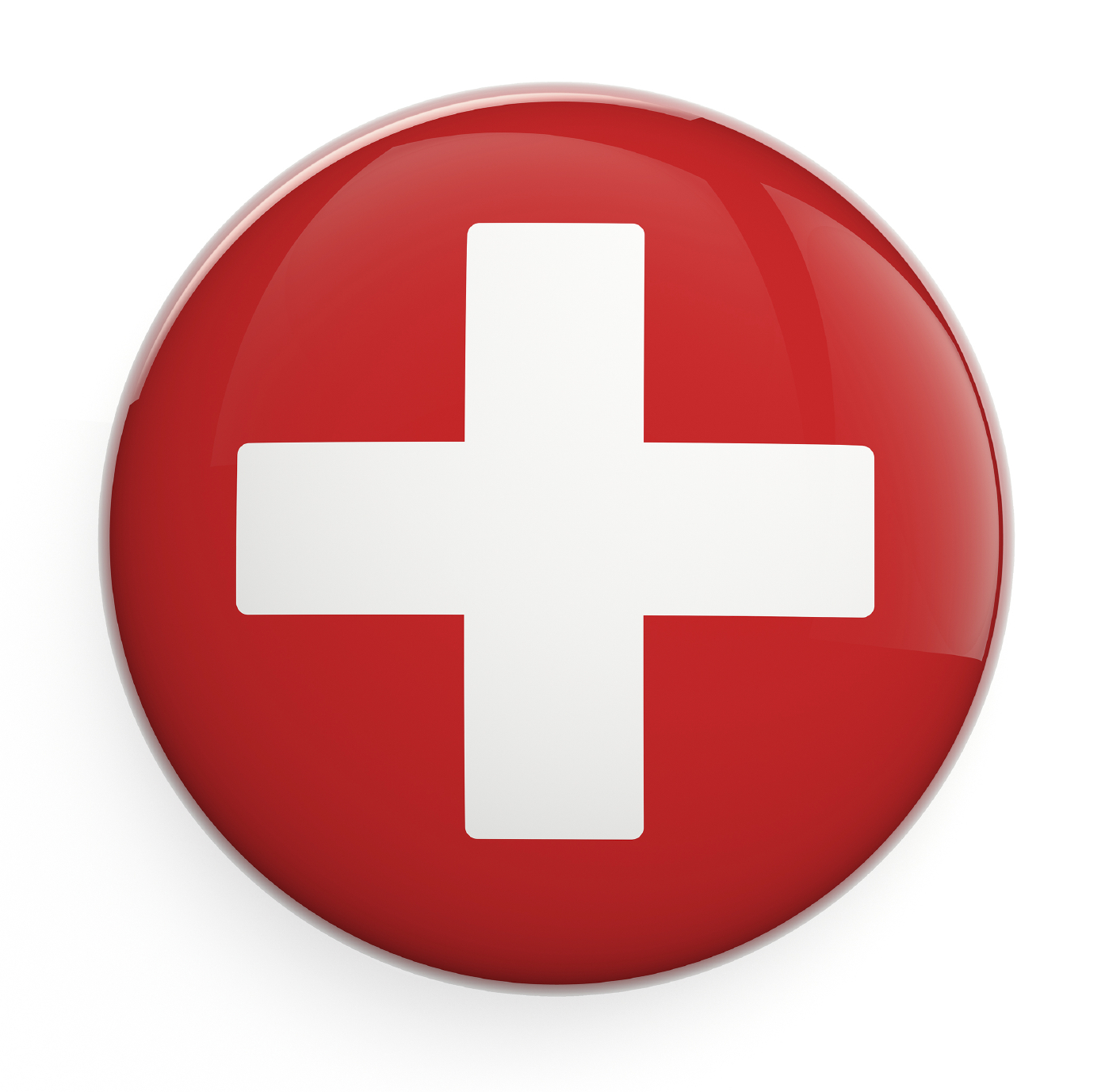What are Health & Safety Professional Responsibilities?
Lots of people in construction, oil and gas or other industries where safety is maintained in high regard hire ‘safety officers’. There are other terms utilized for these ‘safety professionals’ such as; HSE (Health, Safety & Environment) Advisor, Lead, Coordinator and OFFICER. The term officer is commonly associated with the term of enforcement. This gives a negative connotation to the role where it shouldn’t be. Or it gives the wrong impression of responsibility to the ‘safety officer’ given the title.
Safety should not be enforced. Safety professionals and the management team should collaborate and coach employees, supervisors and leaders in the application and execution of the safety program. This type of approach will ensure the success of the program and foster a positive safety culture within the company.
Typically the role of a safety professional within an organization include the following; (some of which are debatable depending on size of company, supervisor training and management preference)
- Knowing and advising management, supervisors and workers on requirements in accordance with Occupational Health & Safety Legislation
- Monitor documentation requirements and ensure appropriate filing and maintenance of HSE documentation
- Conduct new hire training and appropriate documentation for new workers
- Verify specialized training or arrange for such training to be completed
- Monitor training is up-to-date and reschedule refresher training and orientation as required
- Develop and/or maintain HSE Manuals, Programs and Systems
- Facilitate and provide topics and documentation for safety meetings
- Participate in morning toolbox talks and provide safety information, audit results, inspection results or review incidents as required
- Verify the implementation of safety programs and their effectiveness by audits
- Ensure that program certification is maintained and audits conducted as required
- Provide consultation to management and supervisors as required
- Participate and/or conduct incident and accident investigation
- Ensure program success by field coaching and/or work monitoring
- Participate and/or conduct job hazard assessments and participate in completion/review
- Periodically review field level risk assessments in the field to ensure all risks are being identified and controlled
- Verify compliance with workplace rules and regulations
- Training for workers, supervisors and management
- The monitoring of PPE use, maintenance, inventory and training
- Assistance and/or development of work practices and procedures
- Facilitate refusal to work situations and actions to resolve
- Coach and ensure adequate mentoring of new workers
- Monitor action items actioned as a result of incidents, investigations, meetings and/or audits
- Formal job hazard assessments
- Compile and issue company HSE statistics as required
The role can also include the physical completion of the following HSE scheduled tasks (as per safety program requirements, so this can vary);
- Fire extinguisher inspections (monthly and ensure third party inspection is completed annually)
- Formal and informal worksite inspections
- Ensure the maintenance and completion of drills as per emergency response plan
- Safety meeting presentations
- Follow-up on new hire programs/training
Ultimately the owner/managers decide the roles and responsibilities of the HSE advisor. In some situations the company is unaware of what needs to be completed and this is where our implementation and audit scheduling programs provide some direction. HSE advisors can be an excellent resource for a company but if they have the wrong people in place the position can be completely ineffective.


